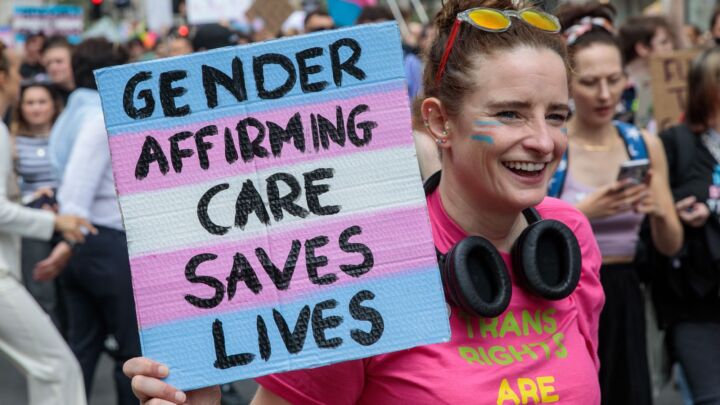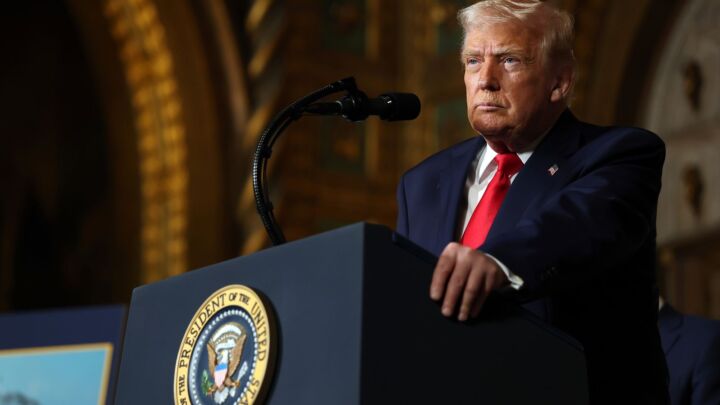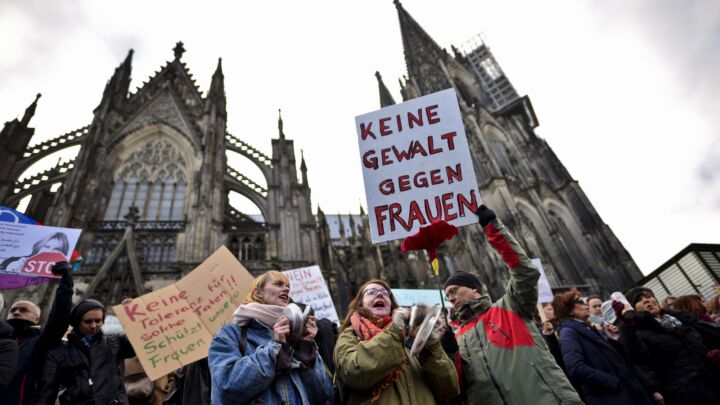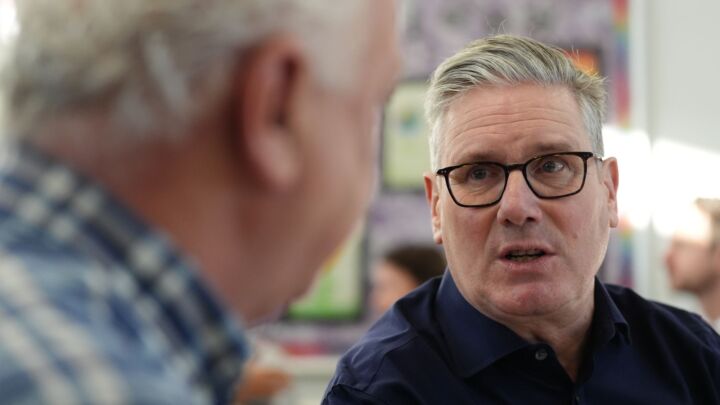Lima climate talks: it’s all about the process

Want unlimited, ad-free access? Become a spiked supporter.
The twentieth Conference of the Parties (COP20) climate talks in Lima, which finished well into extra time last weekend, produced a deal which has been dismissed by green NGOs and climate activists as utterly inadequate. Sam Smith, chief of climate policy for the World Wide Fund for Nature (WWF), said: ‘The text went from weak to weaker to weakest and it’s very weak indeed.’
Pretty much all the big issues have been kicked down the road to the climate talks in Paris next year, when a new, binding global deal is supposed to be finalised. However, the outcome in Paris is likely to be, essentially, a list of countries with voluntary promises to reduce emissions and a fund for climate-change adaptation in the developing world which falls far below the demands of poorer countries. As one environment reporter, the Guardian‘s John Vidal, concluded: ‘Countries may technically still be on track to negotiate a final agreement in Paris next year, but the gaps between them are growing rather than closing and the stakes are getting higher every month.’
But greens should actually be quite pleased about the deal. That’s because the narrative of catastrophic climate change, and the general agreement that a global agreement is needed to tackle it, has survived. The politics of climate change provides a way of allowing Western leaders to display their moral credentials on the world stage – a much needed sense of purpose at a time when politicians are held in low regard back home.
Given the uncertainties in the science, the economic problems in the developed world and the fundamental difference in material interests between the developed world (which can afford to push for emissions reductions) and fast-developing countries like China and India (which need to expand their energy use to drag their people out of poverty), keeping the show on the road has become more important than cutting a single tonne of CO2.
Barring a complete failure of diplomacy, a deal will be struck in Paris next year. It will almost certainly be a fairly meaningless one, even more practically useless than the Kyoto Protocol, which did little or nothing to reduce emissions, let alone temperatures. A new deadline will be agreed, more summits will be held, and the bandwagon will just keep rolling on. Genuine agreement is irrelevant – the process is everything.
Rob Lyons is a columnist for spiked.
You’ve read 3 free articles this month.
Support spiked and get unlimited access.
Help us hit our 1% target
spiked is funded by readers like you. It’s your generosity that keeps us fearless and independent.
Only 0.1% of our regular readers currently support spiked. If just 1% gave, we could grow our team – and step up the fight for free speech and democracy right when it matters most.
Join today from £5/month (£50/year) and get unlimited, ad-free access, bonus content, exclusive events and more – all while helping to keep spiked saying the unsayable.
Monthly support makes the biggest difference. Thank you.







Comments
Want to join the conversation?
Only spiked supporters and patrons, who donate regularly to us, can comment on our articles.